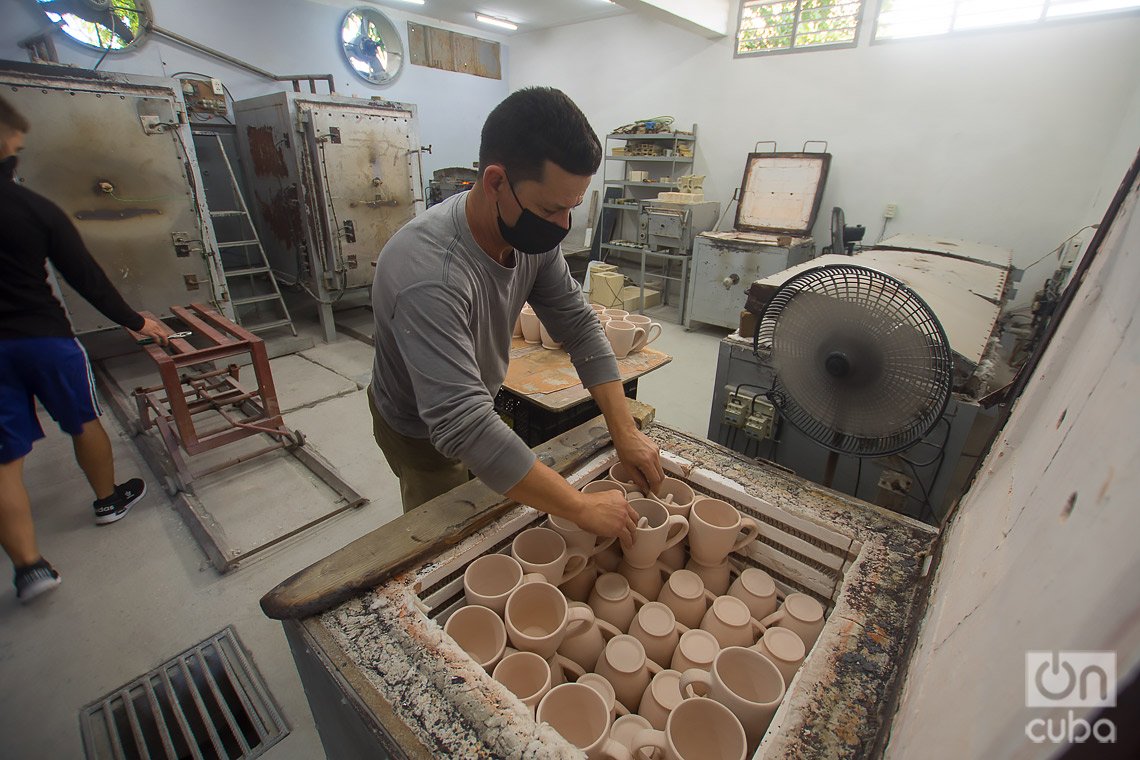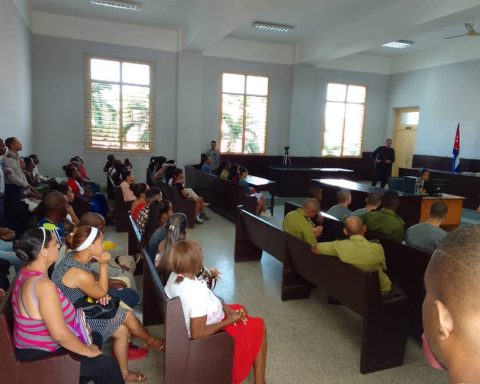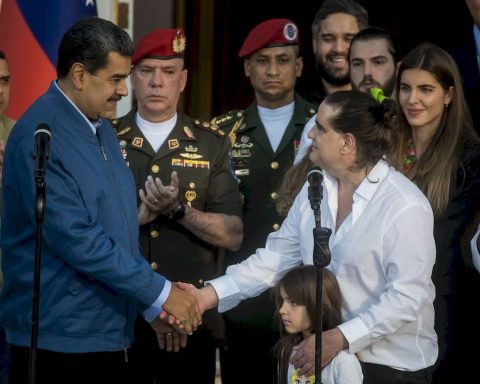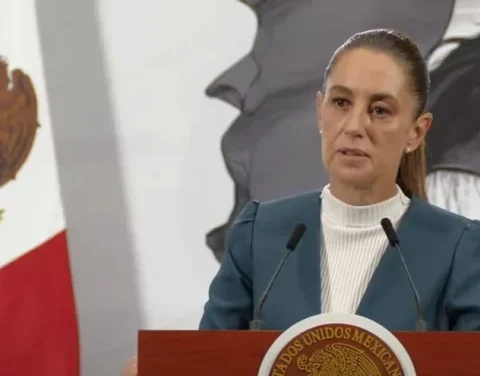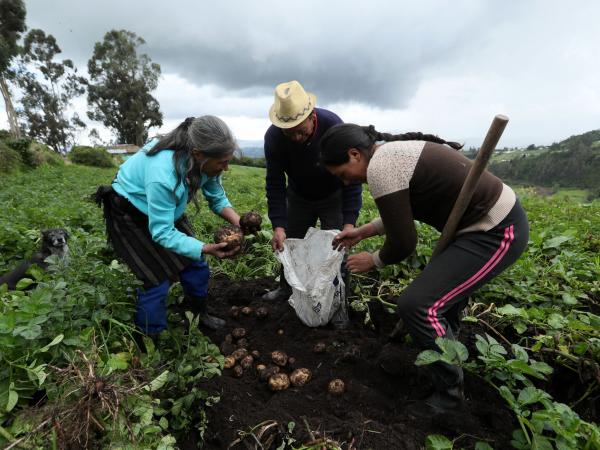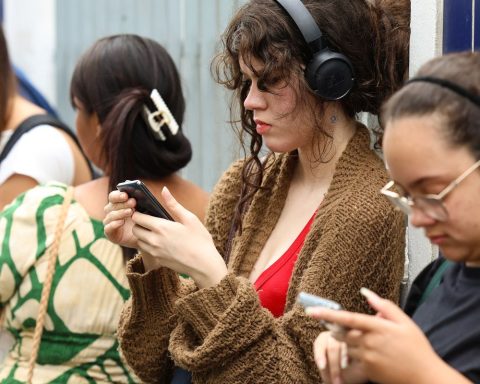The Ministry of Economy and Planning (MEP) of Cuba approved this Thursday the creation of 101 new micro, small and medium enterprises (MSMEs), in the various activities officially approved for their performance.
After this announcement, the number of new actors in the island economy that have received the green light to operate reaches 4,859, when the first year of the approval of the first in September 2021 approaches.
Among the group of MSMEs established so far, 4,750 are private and 51 are state-owned, while non-agricultural cooperatives number 58, according to the MEP report on its Twitter profile.
With this decision, there are 4,859 economic actors approved since the process began in September 2021. Of the MSMEs, 4,750 are private and 51 are state-owned, and there are also 58 cooperatives.
— Ministry of Economy and Planning of Cuba (@MEP_CUBA) August 25, 2022
Due to its origin, 52% of the total are reconversions of pre-existing businesses and 48% correspond to new ventures. Meanwhile, 128 are part of local development projects and 12 are incubated in the Science and Technology Park of Havana.
According to calculations by the governing body of the Cuban economy, these new forms of business management would be able to generate 82,836 new jobs.
Of all those approved, 128 are part of local development projects and 12 are incubated in the Science and Technology Park of Havana.
— Ministry of Economy and Planning of Cuba (@MEP_CUBA) August 25, 2022
These new forms of management share the Cuban economic scenario with the socialist state enterprise —considered the main one for the government—, non-agricultural cooperatives and self-employment (autonomous).
They can be created in activities such as accommodation, beauty services, manufacturing, information technology, logistics and transportation activities, among others, except in strategic spheres for the State such as health, telecommunications, defense and the press.
Their property is state, private or mixed and they are recognized as an economic unit with legal personality with its own characteristics.
Recently, the Cuban government extended the call for the creation of new MSMEs in areas that, although covered by existing legislation, applications had not been processed initially
Although the numbers of these new actors have not stopped growing in the last year, the effects of this measure do not yet seem to have had a great impact on the Cuban economy, mired in a deep crisis that has been aggravated by the pandemic, the resurgence of the US embargo, and the difficulties, inefficiencies and obstacles that persist at the internal level.
